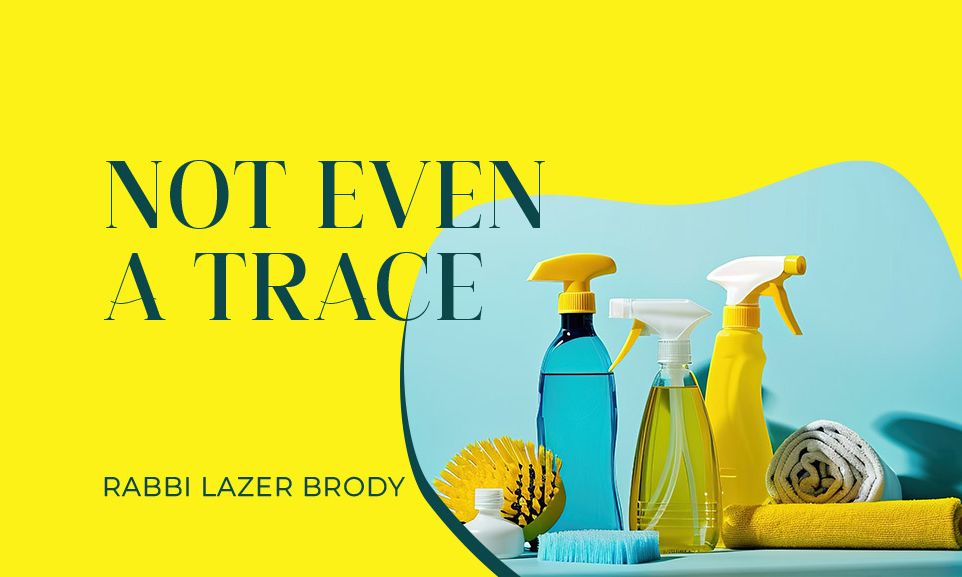
Not Even a Trace
When we realize how important the Passover holiday is for a healthy soul and do everything we can to be rid of every trace of chametz, Hashem surely helps us.

When we burn all the chametz[1] that we found in the previous night’s bedikat chametz[2], on the morning of Passover eve, we recite the Kol Chamira prayer. Among other things, we appeal to Hashem, “In Your mercy, save us from the sin of chametz, even in the slightest.” Jewish people take this matter seriously, for the severity of eating chametz on Pesach is the same as eating on Yom Kippur, Heaven forbid. Yet, for this prayer to be effective, we must do our part and make every effort to exercise care in observing the many details of the Passover laws. Once we do everything in our power, our prayer and request for Divine assistance is so much more cogent. Rabbi Yoseph Chaim of Baghdad, the famed “Ben Ish Chai”, elaborates on this principle in the following parable, which was first told by Rabbi Yaacov of Emden:
Reuven and Shimon were two Jews sailing on a ship in the Mediterranean. A terrible tempest hit the ship at sea and wrecked it. The ship’s crew scrambled to the life boats. Reuven and Shimon managed to jump off the sinking ship and following a harrowing ordeal at sea, they were washed ashore in Spain, only several months after the infamous Spanish Inquisition took place. Naturally, this was a dangerous place for a Jew; if they’d be caught, they’d be faced with the choice of death or forced conversion, Heaven forbid.
Deciding that it would be safer to split up, Reuven and Shimon each sought refuge on his own. Several 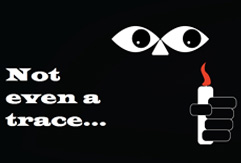 weeks later, they found a ship that would take them back to their home in Turkey. Meeting at the port after not having seen one another for almost a month, they tearfully embraced and exchanged stories. Animatedly, Reuven told Shimon about the wonderful hospitality he enjoyed.
weeks later, they found a ship that would take them back to their home in Turkey. Meeting at the port after not having seen one another for almost a month, they tearfully embraced and exchanged stories. Animatedly, Reuven told Shimon about the wonderful hospitality he enjoyed.
Amazingly, there was no pork, shellfish or milk mixed with meat in his host’s household. The day he left, Reuven profusely thanked his host for the wonderful hospitality. The host replied in a whisper, “You are welcome, my brother. I noticed how you washed your hands before breaking bread and after visiting the restroom. I see the light in your eyes. I know you are Jewish. I am too; I’m a Marrano[3] – outside the home, I act like a Catholic. Inside the home, we preserve our Judaism. There is nothing in my home that is not kosher. I am glad that I was able to host you in my home.”
Shimon wasn’t so fortunate. His host was a devout Catholic who loved pork. After a day of starving, he broke down and ate everything that was on his plate. Sure, Shimon was allowed to do so according to Halacha, but he wondered why his friend Reuven was so lucky in meriting a host with a kosher kitchen. When they landed in Istanbul, Shimon made a beeline to the rabbi of his community and told him the whole story of the shipwreck and their ordeal in Spain, asking the rabbi why was Reuven so fortunate and he not…
The rabbi asked Shimon, “Did you ever eat anything unkosher?”
Shimon thought for a while and responded, “Yes, I did; I was once on a business trip and I hadn’t eaten in a long time. I walked past a non-kosher restaurant and couldn’t resist the tempting aromas. I went inside and ate a whole meal, nothing of which was kosher.”
“Aha,” said the rabbi. There’s no fire without smoke. Your friend Reuven has tremendous fear of sin. Since he’s so careful on his own accord, Hashem protected him from eating things that are not kosher. You who are less careful didn’t merit the same level of protection.”
From the Ben Ish Chai’s parable, we learn that whenever we ask for Divine assistance, we must first do everything we possibly can, giving it our best shot. One can’t watch television all night and then ask Hashem to help him pass his exam in school the next day. One can’t sit at the pub drinking beer all day long and then ask Hashem for an ample livelihood. Neither has done any effort, so why should they deserve Divine assistance? By the same token, when we realize just how important the Passover holiday is for a healthy soul and do everything we can to keep chametz out of our domain, Hashem surely helps us. As our sages promise, he who is careful in the laws of Passover will merit Divine assistance all year long. Don’t forget also that our sages refer to the evil inclination as “chametz” as well. A house free of chametz corresponds to a soul free of the evil inclination; that is true freedom! May you enjoy a happy and kosher Passover, amen.
[1] Leavened bread and related foodstuffs that the Torah forbids eating on Passover
[2] The search of our domain by candlelight where we check every nook and cranny for any tiny crumb of chametz, traditionally done right after dark on the night before Passover
[3] Forcefully converted Jews during the Inquisition who practiced their Judaism in the underground – known


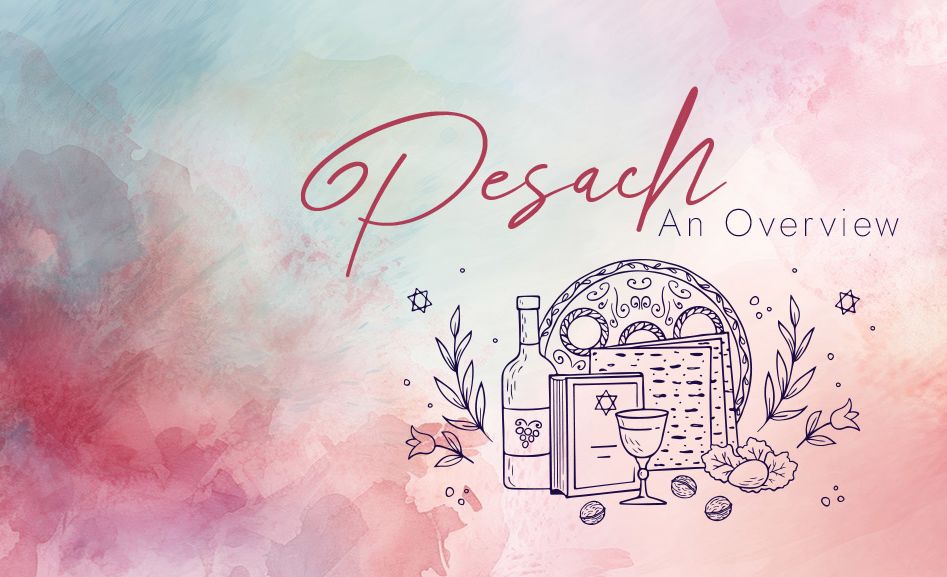
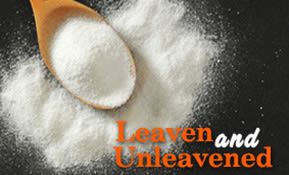
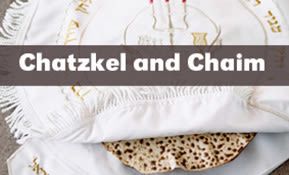
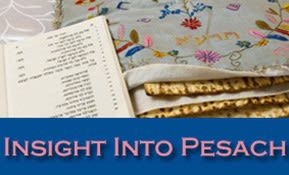
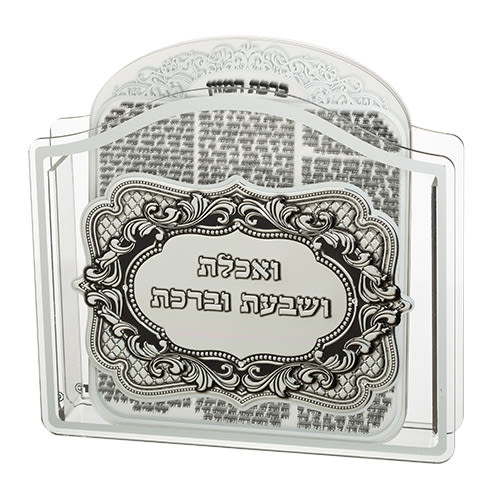
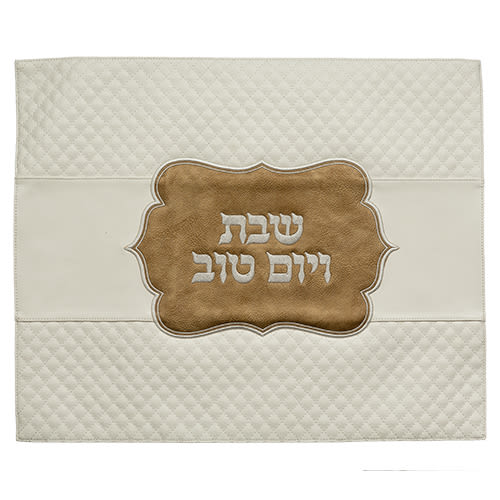
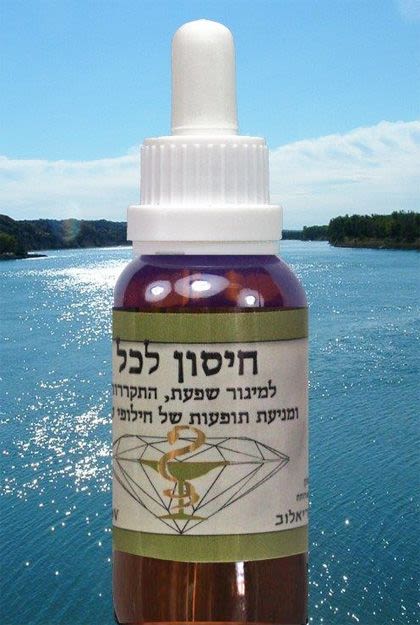


Tell us what you think!
Thank you for your comment!
It will be published after approval by the Editor.